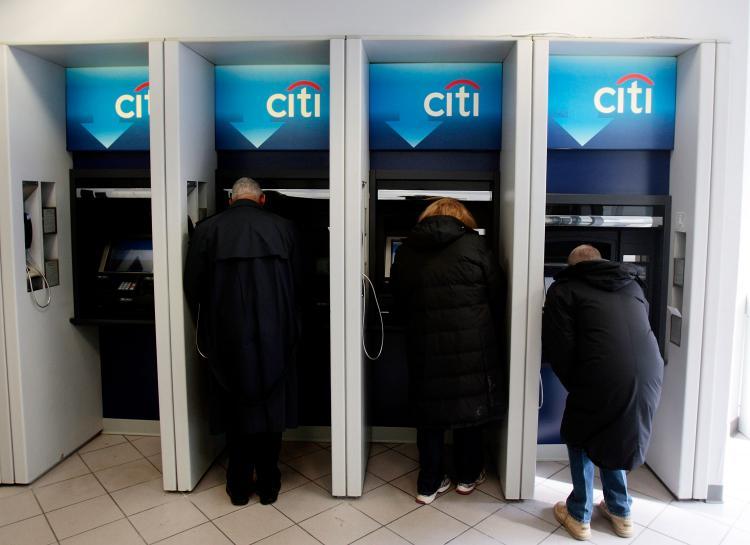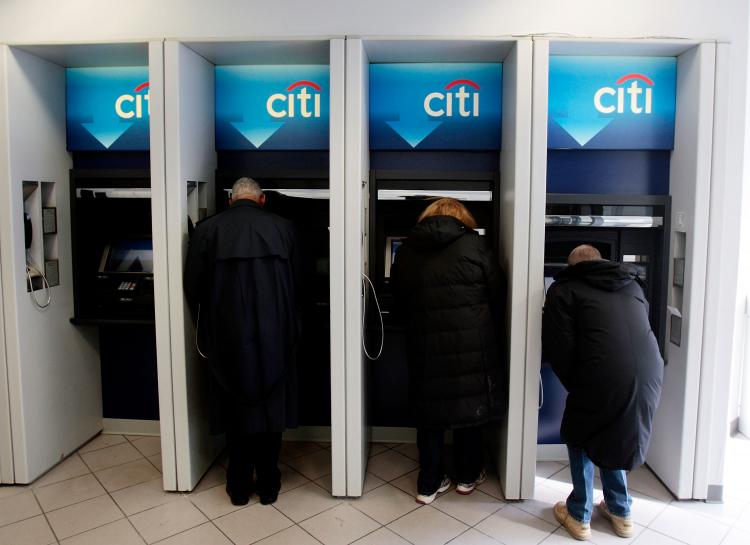Now that the United States is officially in a recession and unemployment rate is at a 15-year high, consumers are even more stretched in their finances. According to the federal government, nearly 43 percent of Americans spend more money than they earn in a year. Making every dollar go further is now more important than ever, and here are fifteen ways to save your hard-earned money.
1. Use coupons. I know, most men can’t imagine clipping coupons from the Sunday paper and actually bringing them to a store to use them. Oh, the embarrassment! Well, get over it. The manufacturer provides coupons for a reason, and in this economy, nobody will fault you for wanting to receive 50 cents off that pack of soda.
2. Check your finances frequently. What’s the most effective way to save money? Constantly remind yourself how little money you have. All joking aside, being up-to-date on your finances helps you manage your funds better and avoid late fees, overdraft charges, and other nasty surprises.
3. Insulate your home. Ever feel a draft when you sit in your living room? That crack at the edge of your window could be a serious drain on your heating costs. Sure, installing insulation around the house is costly, but it saves money in the long run.
4. Use fluorescent light bulbs. Fluorescent light bulbs not only use up to 75 percent less energy than conventional bulbs, but they last ten times longer too. It’s cost effective and good on the environment.
5. Ditch the credit card with an annual fee. These days, there are a lot of credit cards out there than carry reward points without the hefty annual fee. Here’s one example: why keep the American Express Gold Card (with an annual fee of $125) when you can have the American Express Blue Card (without a fee) with almost as many benefits? If you have a need for the specific benefit that warrants an annual fee (e.g. airline miles) by all means keep the card, but for most consumers it is unnecessary.
6. Don’t buy, borrow. Some people spend a lot of money to purchase the latest bestselling books and movies. Here’s something that you may not have realized: your local public library carries the same book and DVD titles, and they are willing to lend them to you at no charge. Good deal, eh?
7. As soon as you can afford to do so, buy a home/apartment. Unfortunately, the old adage that renting is throwing money into the toilet is true. As soon as you have the money to buy a home, do so. Your monthly payments not only go toward actually owning your residence, but they are also tax-deductible. Monthly rent payments have no such benefits.
8. Don’t skimp on car maintenance. You can save hundreds of dollars every year on gasoline by making sure your car’s engine is properly tuned and your tires are properly inflated. Also, keeping your vehicle well-maintained avoids big, unexpected, and high-dollar repairs later on.
9. Go Generic. Brand-name prescription drugs are much more expensive than their generic counterparts, and they have the same ingredients. Ask your doctor or pharmacist if a generic alternative is available for your prescription drug.
10. Eat out less. According to a recent Zagat survey, Americans living in the 20-most expensive U.S. cities spend around $76 per person each time they eat out at a restaurant. That amount includes dinner, drinks, and gratuity. If you do that four times a month, that’s $304 per month! It’s much less expensive to cook at home, and for dinner parties, ask your guests to bring dishes and share a potluck.
11. Check for perks. You may be unaware, but your company may partner with many vendors for discounts and other perks, such as discounts on car rentals, vacations, shopping at department stores, cellular phone plans, and clubs and recreational memberships.
12. Shop around online. The Internet is a great invention. Before you buy, always look online for the best deals. Log onto www.dealcatcher.com for daily Internet deals, online coupons, and free shipping offers. You may be surprised how much money you can save.
13. Send e-cards. E-cards are free and can be more interactive than actual paper greeting cards. You can also customize them to your liking, and there are tens of thousands of e-cards available online for almost every occasion.
14. Consolidate services. Why pay three different services companies for TV, internet, and landline telephone? Some companies—such as AT&T and Verizon Communications—offer all of the above services for one flat price per month.
15. Use public transportation. If you conveniently live outside of a major metropolis, using public transportation not only saves money, it also lowers your carbon footprint. If no public transportation is nearby, see if you can carpool with a coworker.





